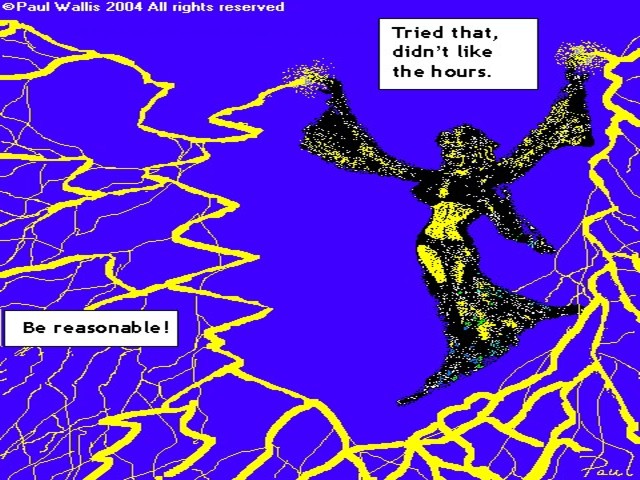
When you see figures for carbon pollution, and you hear about how much CO2 is being released, you have to wonder. How much oxygen is all this carbon taking out of the atmosphere?
If you like breathing, (it is very fashionable), you’re probably not getting all the oxygen you need.
Symptoms of oxygen deprivation include a range of serious medical problems. They also include a range of lesser symptoms in lower ranges, though:
Inattention and slower responses
Lack of energy (duh)
Irritability and clashing with others
Unfocused behaviours
“Confusion”, that polite word for clueless
Less physical fitness and frequent needs to stop activities to breathe

Sound familiar? That’s a virtual shopping list of so many people’s health issues. Lack of oxygen means living in a haze in more than just visual terms. Lack of oxygen can cause actual brain damage and related issues. It may also cause dysfunctions in other ways.
CO2 includes 2 oxygen atoms for every carbon atom. That, folks, is a lot of oxygen when billions of tons of carbon are puking their way into the atmosphere.
It seems odd that this very obvious correlative hasn’t been explored more thoroughly. Oxygen is actually heavier than carbon. A lot of that CO2 is oxygen. It also means that massive amount of oxygen has to be processed to be re-released. While it’s CO2, it’s not free oxygen, the sort you need to live. The oxygen cycle is well known, but how much actual processing can it do, globally?
Anoxic areas in the oceans are another problem. These “dead zones” are big and spreading. It’s one of the few examples of the pre-modern oceans, back to the pre-Cambrian era, but fish and other things need oxygen, too. A lot of food comes from things that need it, as well. Less oxygen is not a great idea.
So there’s a real question about where all that missing oxygen is, and where it went. CO2 is less of a problem, in one way, because it breaks down easily. The big issue is what if oxidization in some form is also tying up oxygen?
Nobody knows what the global mix of aerosols really is, in one way. Thousands of compounds in heated air can produce, not too surprisingly, more thousands of compounds. It’s not unbelievable that a range of compounds could tie down a lot of oxygen in naturally irrecoverable forms.
Cheerful, eh?
The good news is that none of this is insoluble. The problem is that the necessary work’s not being done to any visible extent. Nor are large-scale assessments being done. What goes around comes around, as we’re seeing with this damn virus, and if lack of oxygen comes around, it’ll be a serious hit.
So do it and fix it, before it fixes you.

